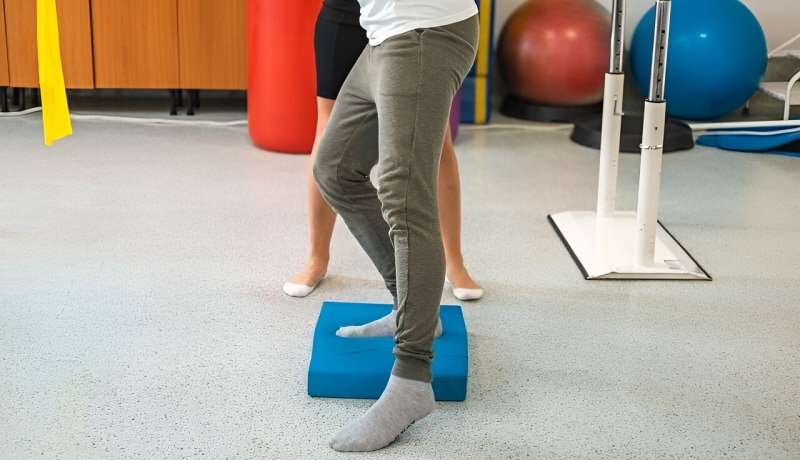
An inpatient, epilepsy-related rehabilitation program shows lasting effects on several aspects of adaptation to epilepsy and quality of life, according to a study published April 16 in Epilepsia.
Ulrich Specht, from the Medical School OWL at Bielefeld University in Germany, and colleagues evaluated the efficacy of a specialized inpatient rehabilitation program in patients with newly diagnosed epilepsy. The analysis included one-year outcomes among 74 patients with newly diagnosed epilepsy after completing the inpatient rehabilitation program versus 56 patients with similar epilepsy duration, but without rehabilitation in the first year after diagnosis.
The researchers found that at follow-up, the rehabilitation group was favored for emotional adaptation to epilepsy, overall quality of life, overall health, perceived restrictions because of epilepsy, and subjective level of information about epilepsy.
For depression and anxiety or employment status, there were no significant differences observed between the groups. Additionally, at one-year follow-up, patients in the rehabilitation group were more often seizure-free and less often on sickness absence than control patients.
“Since reduced quality of life shortly after diagnosis of newly diagnosed epilepsy is associated with seizure recurrence, an early identification of patients with a greater need for support seems important,” the authors write.
More information:
Ulrich Specht et al, Rehabilitation in patients with newly diagnosed epilepsy: A controlled, 1?year follow?up study on a specialized inpatient rehabilitation program, Epilepsia (2024). DOI: 10.1111/epi.17985
Copyright © 2024 HealthDay. All rights reserved.
Citation:
Inpatient rehab program aids adaptation to epilepsy diagnosis (2024, April 22)
inpatient-rehab-aids-epilepsy-diagnosis.html
.
. The content is provided for information purposes only.
